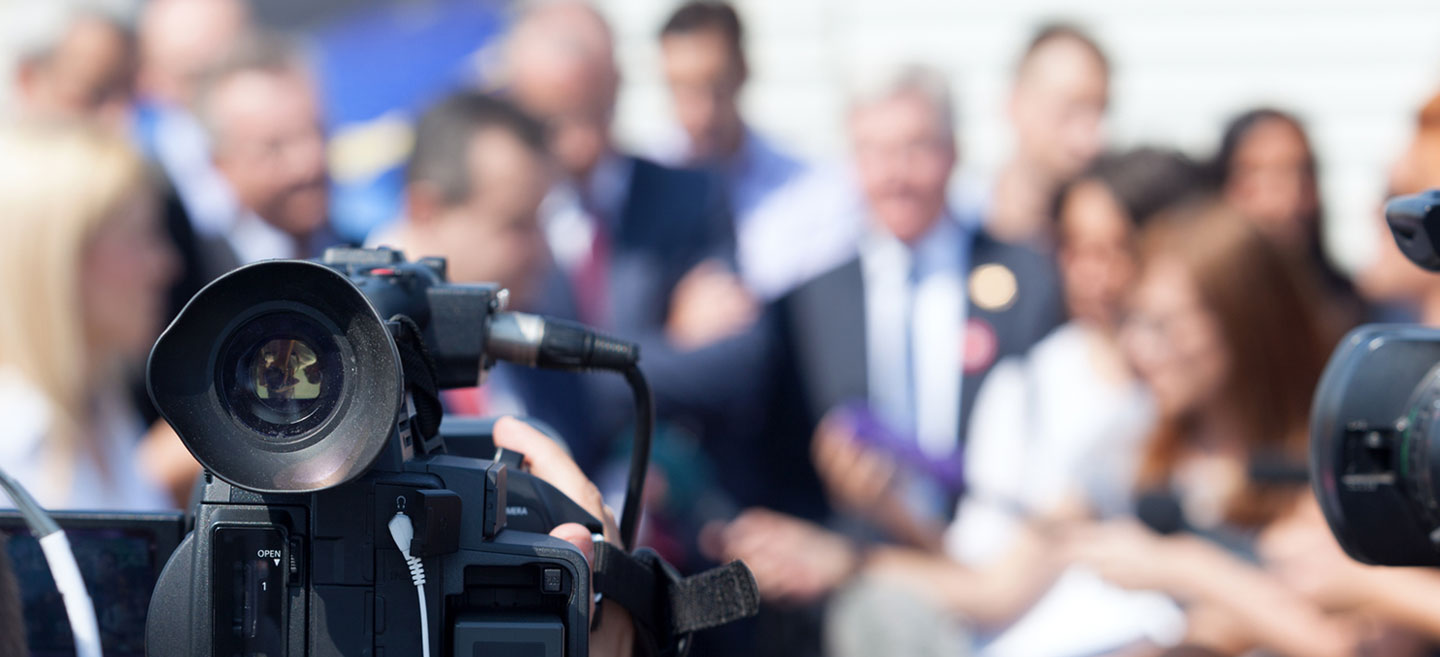Blog Posts
Advance Filter

How to rethink the 'capital' in stakeholder capitalism
• Seismic economic, geopolitical and technological shifts in the global landscape are challenging the modus operandi of companies and CEOs.
• Leaders need to build their businesses around five types of capital to survive the volatile times to thrive in the longer term.
• The five types of capital align with the World Economic Forum’s stakeholder capitalism metrics, as outlined in its Measuring Stakeholder Capitalism white paper.
15 Jan 2024

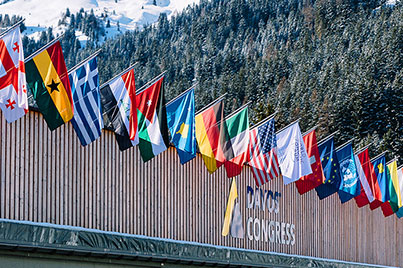
Insider’s Guide To Davos
Since 1971, world leaders and titans of industry have descended on the small Swiss town of Davos every January to attend the World Economic Forum's Annual Meeting. But what exactly is “Davos”, as the event is frequently referred to in the media, who gets to go and what happens there? Here’s a beginner’s guide to the event being held 15-19th January.
11 Jan 2024

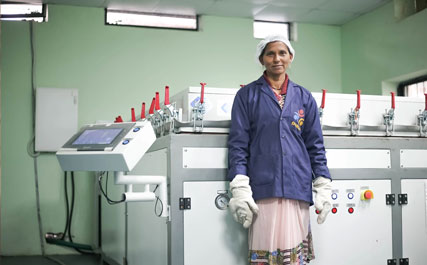
The 2020s will be a decade of upskilling. Employers should take notice
• The 2020s are becoming the decade of development for employees and employers in terms of skills and career progression.
• Employers believe that 44% of workers’ skills will be disrupted in the next five years and that six in 10 staff members will require training before 2027, according to the World Economic Forum’s Future of Jobs Report 2023.
• Here are five key factors to help nurture employees to ensure they are future-ready in an age of rapid change.
10 Jan 2024

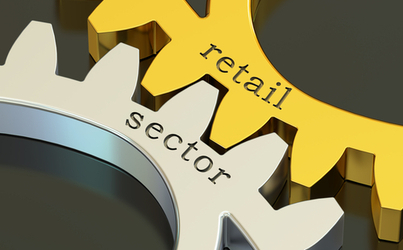
How to strengthen the UAE's retail sector
Retail is critical to the economy of the UAE. In Dubai, for example, it makes up just over a quarter of our gross domestic product. Harking back to our long history of trading and our mercantile spirit, you could say that retail is in the country's DNA.
04 Feb 2021

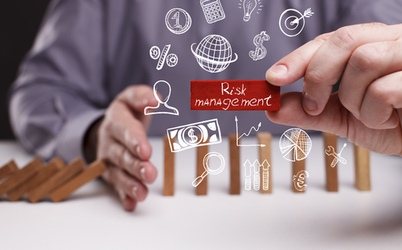
Why succeeding in the post-COVID era means reassessing corporate risk
• A more agile approach to risk management is needed post-COVID.
• Annual risk assessment should make way for continual 'horizon-scanning' for possible business threats.
• This level of preparedness and planning should permeate entire company cultures.
25 Jan 2021


Will stakeholder capitalism continue to thrive after COVID-19 vaccines are rolled out?
This year’s Davos Agenda centres on the urgent task of rebuilding trust to deliver a more inclusive, cohesive and sustainable future. But with the inspiring global vaccine effort signalling an end to the pandemic, is there a danger that we – as a global business community – could revert to business as usual?
14 Jan 2021

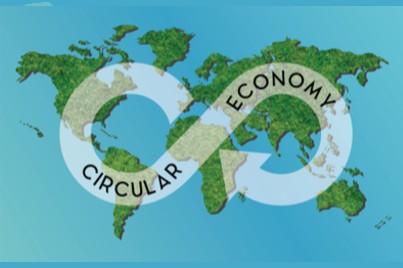
How collaboration will help establish a circular economy in the MENA region
Ever since the industrial revolution, economic development in large parts of the world has been heading in one direction, towards a “throwaway society”. Economic growth has revolved around a “take, make, use and waste” model: we take resources out of the ground, make products and discard them as waste when they are no longer needed.
27 Dec 2020


One letter and a world apart: Reflections on recovery analytics
I’ve talked a great deal this last week about the Majid Al Futtaim advanced analytics that detail the recovery of the UAE’s retail economy. But even as the top-line findings continue to make headlines, there is still much to be gleaned from the finer details.
22 Dec 2020

X
